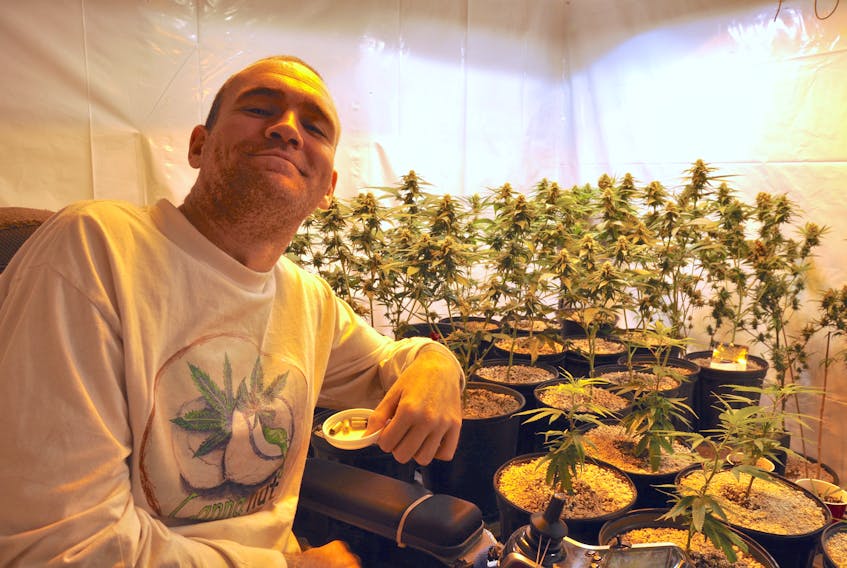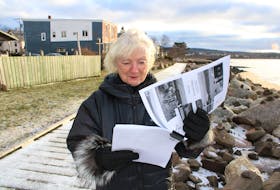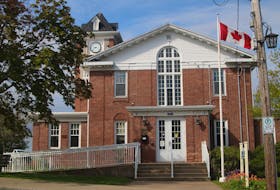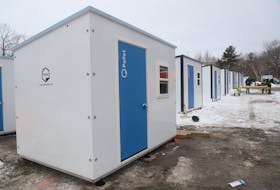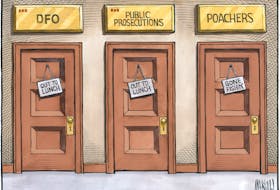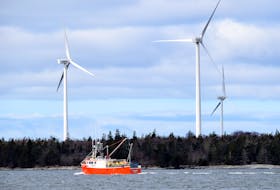WOLFVILLE, N.S. - Alex LeBlanc believes he’s found a way to help medical cannabis patients facing the same financial constraints as him.
But he’s waiting on word that he can proceed without fear of repercussions.
LeBlanc, 33, lives with multiple sclerosis. He uses a wheelchair for mobility and says his job prospects are limited.
The Wolfville resident receives social assistance and lives on a limited, fixed income.
He says he wants to grow his own plants and become a designated cannabis grower to help fellow fixed-income consumers in the same boat. The problem is, he says he cannot find out what his rights are in terms of growing his own plants, let alone growing for others.
“I’ve asked the provincial government to expedite my paperwork... and I’ve asked the federal government to do the same. I’ve asked the Cannabis licensing (and) tracking people to help me, and also other organizations to help with my odd situation,” he says.
“But so far, I’ve heard nothing.”
Chemical-free cannabis more expensive
LeBlanc is currently growing cannabis plants in his house, which he rents from Housing Nova Scotia. He says he first turned to medical cannabis when his doctor suggested it as an alternative to other mainstream pharmaceuticals.
With his prescription in hand, LeBlanc can access cannabis just as any other user. But he says his MS diagnosis requires organically-grown, chemical-free cannabis, something he cannot afford to buy from a licensed producer due to costs.
This is why LeBlanc wants to grow his own.
LeBlanc says he was licensed under federal regulations that have since been replaced, and he’s had to resubmit licensing applications as the legislation around legalization evolves.
He says he now doesn’t know when any of his license applications – to grow for himself and become a designated grower – will come through, or where they will come from. He wants the license, most of all, to show his housing authority why he “should be allowed to grow plants at home,” he said.
He has concerns about the number of unknowns as he awaits answers, and he worries about possible eviction.
He says he’s confident he won’t be arrested.
“I honestly feel after a five-minute conversation with law enforcement, or anyone who’s informed on the subject – I don’t really expect any persecution at this point,” says LeBlanc.
Clarity lacking on licensing, rights
When Kings County News contacted the provincial government regarding what the rights of tenants who grow and consume medical cannabis are, the government’s response indicated it is a federal issue under Health Canada.
Communications representatives from the federal government responded to the request by referring the inquiring journalist to the Health Canada website, and declined to offer further comments.
When Kings County News contacted the Municipality of the County of Kings, because federal legislation allows for some municipal regulations regarding rental properties, the municipality recommended reaching out to the Town of Wolfville.
“We don’t deal with that,” said Town of Wolfville bylaw enforcement officer Blair MacMurtery.
Housing Nova Scotia spokesperson Shannon Kerr provided a prepared statement via email.
“While smoking cannabis may be prohibited in smoke-free units, consumption is permitted in other common forms or methods such as oils, vaporization, or edibles,” she said.
Medical cannabis use is managed in accordance with the Residential Tenancies Act.
LeBlanc hopes future licenses will finally afford him clarity and, in turn, help him not only grow his own medical cannabis, but also become a legally licensed producer who can help other low-income patients access “affordable, pesticide-free cannabis they won’t react to.”
“I don’t want to make a profit – I just want to provide access,” says LeBlanc.
“Growing is a way I could help others in the community facing these same challenges.”
SEE RELATED:
- Hundreds line up to purchase legal pot at NSLC in New Minas
- Cannabis rules: what to expect in Nova Scotia
- From pop culture to pot culture: Atlantic Canadian cannabis conversation conversion
- ‘Tip of the iceberg’: apparent RCMP raid at Greenwood marijuana dispensary
- Cannabis dispensary arrest protested in Kentville
- Protestors in New Minas say medical users ignored amid pot legalization

